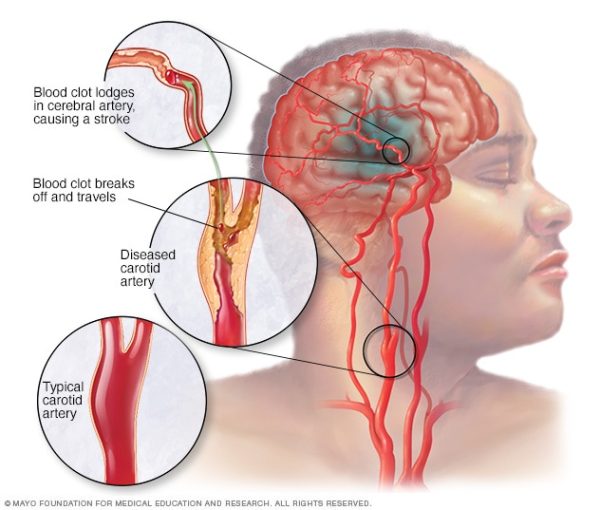Treat Yourself: What Does Self-Care Truly Mean?
As the school year begins and classes are in session, managing the course load, extracurricular activities, and social life that comes with being a student can easily become overwhelming. The potential for academic burnout is very present with an ever evolving schedule and the vulnerable nature of teenagers. Seeking help to avoid academic burnout is a viable and healthy option, however, it proves a difficult and rarely chosen route, what with the stigma surrounding open conversation about mental health. Even despite the stigma, the so called solution teenagers receive from social media is the idea of “self-care”. But what does self care really mean?
Social media platforms are notorious for preaching many different versions of self care. In particular, Twitter is often filled with threads about treating oneself and taking care of oneself. The reality of whether or not the advice in these self care threads work is different with each person, which is understandable; however, the sum of all the different messages exist as a ‘pamper yourself with this cute / beautiful / aesthetic’ rather than the encouragement to seek true help.
Granted, while these threads should not be the end all be all of advice, they provide some temporary relief for those under lots of stress. There is absolutely no harm in going out to pet cute animals or having a disney movie night in. Certainly, the stress relief from these types of activities is relaxing, but it avoids taking the weight off of the mental toll that academic burnout brings.
More realistic threads exist, but they are few and far between. The messages that echo in them are rooted in the realization of what people do when they’re far too deep in course work. Students go days and days without showering because there’s absolutely no time when there’s a project to be finished. Why eat breakfast, lunch, or dinner when you can snack on something from McDonald’s while doing those math problems you never finished. Who has the time to clean when you have to memorize these vocab words for a quiz in AP Lit tomorrow. There’s not time at all for sleep when there’s a test to study for.
All these examples go against the grain of aesthetic that social media likes to present. So for some realistic advice: go take a bath because it’s been three days and you need it. Find a recipe that you like and cook yourself a meal, you need the calories to study hard. Pick all your clothes off the floor because that’s where your entire wardrobe is and you’ve already cried today because you tripped over a sweater and realized the cat puked on it. Take a nap to refresh yourself before getting back to work.
The little things about truly taking care of yourself matters and you might even see a major difference when you make the effort of doing so. One of the most empowering types of self-care is responsibility, not the aesthetic that social media sells with its closet strung with fairy lights and lovely strawberry lotion. When facing academic burnout, with all the responsibility of grades, friends, and coaches, taking charge by being responsible for yourself is what comes first before anyone else. Self care is rarely the lush bath bomb and $20 face masks. Sometimes it is going to be early or cancelling plans. Sometimes it is making yourself a sandwich and brushing your teeth. It is putting yourself above others and above your own expectations, to make sure that you survive.




